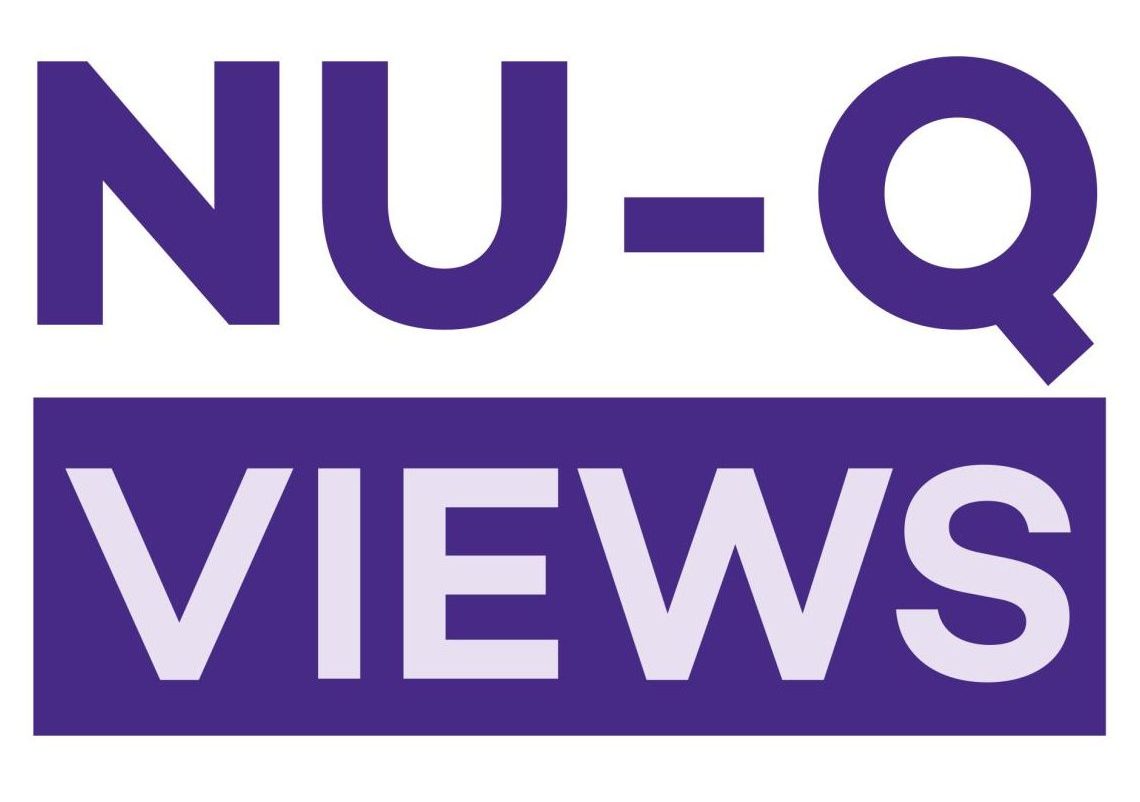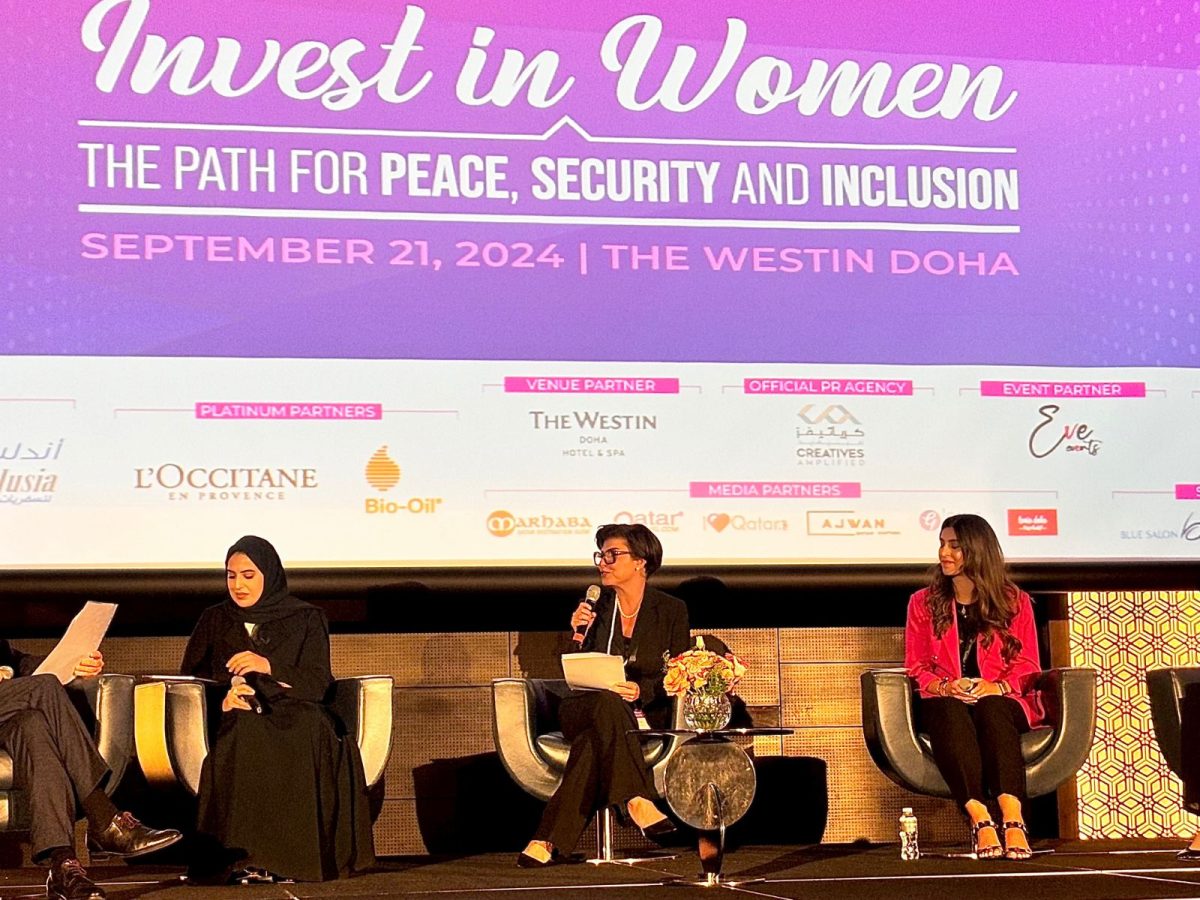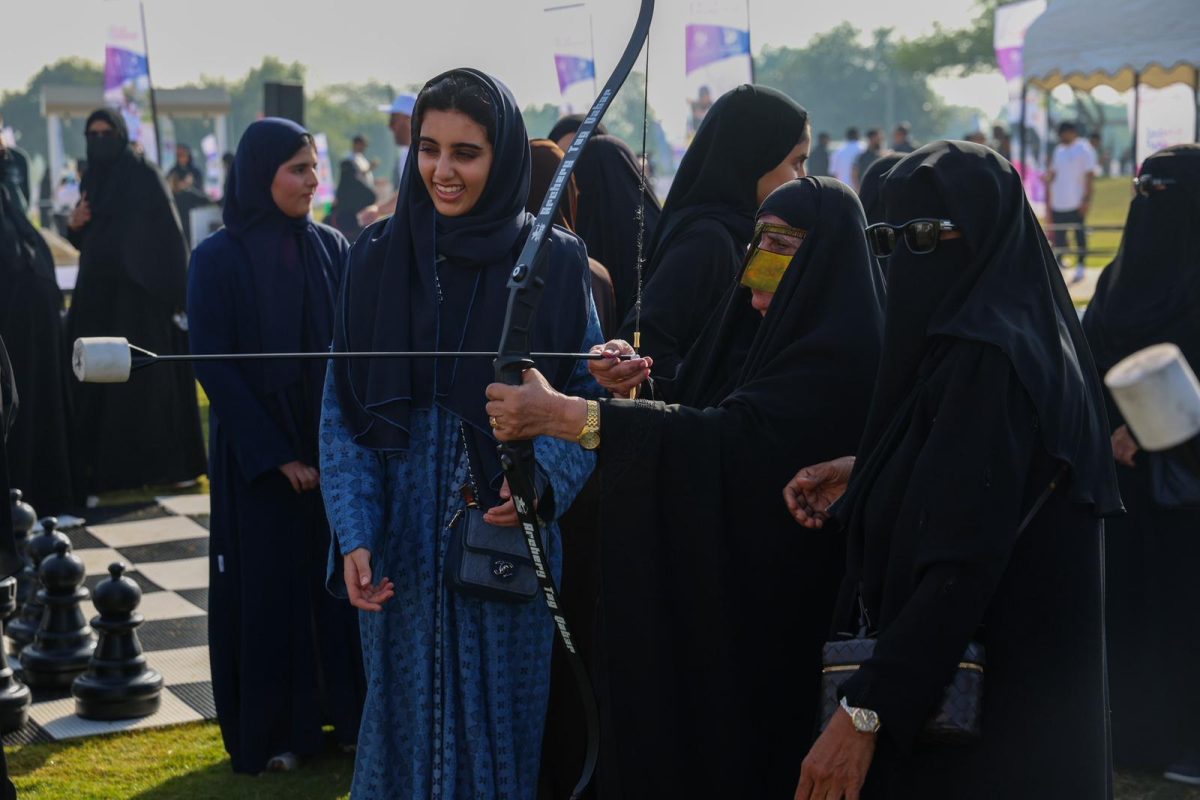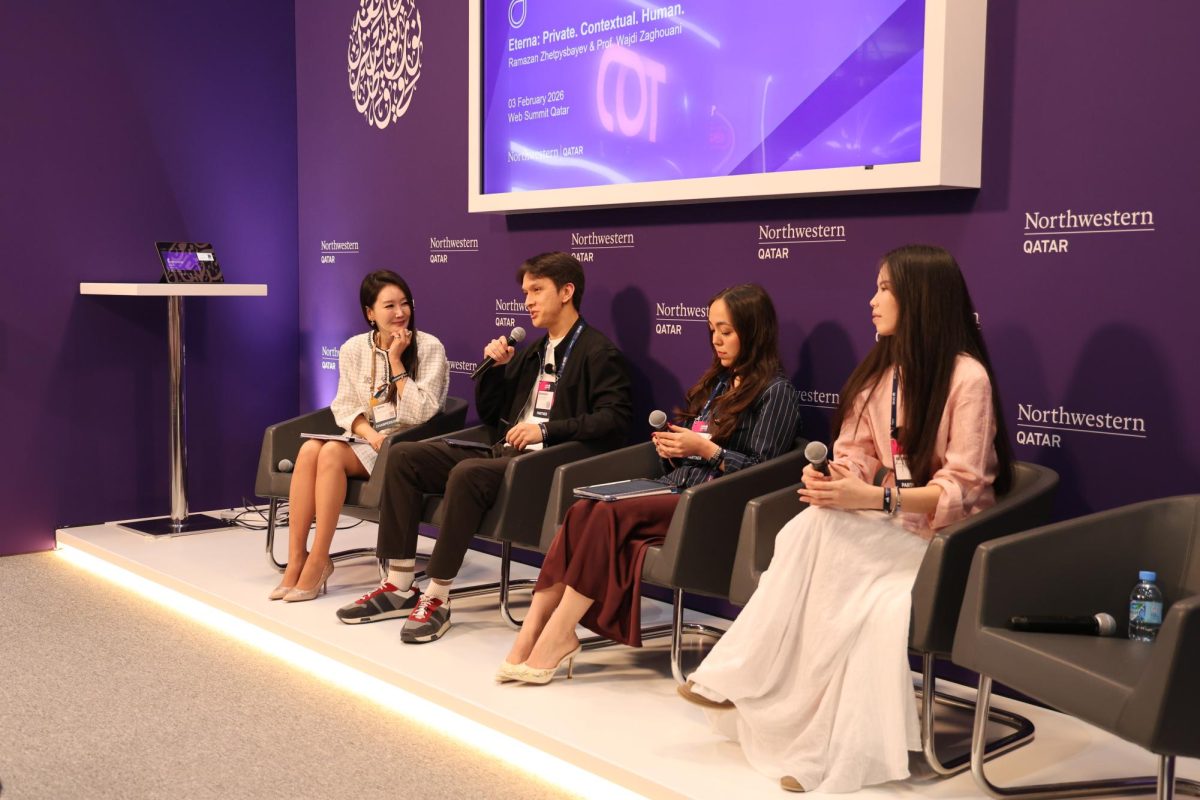As the sun rises over Doha, a city of ambition and innovation, it signals the dawn of new opportunities. With industries of both local and global impact growing at rapid rates, the Doha Women Forum takes this chance to shed light on the untapped potential of women.
This annual event gathers several women leaders and experts to participate in panel discussions on the need for inclusivity and diversity in all environments—a principle that is successfully upheld within Education City.
This year, three EC faculty and staff members were among these featured speakers who shared their insights on women’s empowerment in educational settings, shaped by their respective fields of expertise.
Understanding the transformative power of education, Professor Christine Schiwietz who joined the conversation on “Expanding Horizons: Beyond Education Towards Global Citizenship” believes that empowering women through education is not just a goal—it’s a necessity.
As an Assistant Dean for Curricular and Academic Advising at Georgetown University in Qatar, Schiwietz spends her days guiding students through their academic journeys. But, for her, it’s more than just course selection—it’s about opening doors that many women never knew existed.
Of the many ways EC is focused on providing equal academic opportunities for women and girls all over the world, Schiwietz highlighted the option to cross-register for courses at Education City. “Apply once, study everywhere,” Schiewitz stated in reference to the motto of the multiversity.

As the conversation shifted toward the digital future, Associate Professor in Residence at Northwestern University in Qatar Banu Akdenizli took the stage, intertwining her expertise in digital technologies and her drive towards advocating for gender equality. Speaking on the panel about “Technology and Innovation: Empowering Women In the Digital Age,” she emphasized the power of technology in unlocking pathways for women to thrive.
Akdenizli takes pride in the women-majority student population at NUQ, which she notes to be almost 65 percent. “Seeing a vibrant female presence engaged in research [and] storytelling, especially on our campus, is one of the most rewarding things in my career [and] in my day-to-day activities here,” she said.
Akdenizli additionally recognizes the existence of technological developments over the years, connecting them with the gradual inclusion of women in educational environments. “I think because of technology, there are some educational opportunities that are much more available and accessible to women […] in comparison to older [times],” she stated.
As the digital age progresses, significant changes are being applied within NU-Q’s curriculum through classes on social media analytical tools and AI, such as AI Tools for Digital Media Design, Innovation in STRATCOM, Journalism in the Digital World, and many more. “[These classes] are further aimed at developing some of the necessary skills that both female and male students might need going forward in their careers,” Akdenizli said.
Paving the way for more women to enter and thrive in industries of innovation, technology is reshaping the educational field. Advocating for educational environments where women and girls can feel encouraged to empower themselves, Akdenizli said, “Education brings empowerment. Empowerment brings voice. […] And we need our voices to be included and heard,”
Building on this vision, Selma Awadallah, a newly appointed assistant professor at Hamad Bin Khalifa University in the Electrical Engineering department, shared her passion for encouraging women to explore careers in STEM fields during her panel, “STEMinism: Celebrating Women in Science, Technology, Engineering, and Math” at the forum. The term ‘STEMinism’ merges STEM with feminism and ensures that more individuals are involved in the technologies being created to fulfill the sustainability goals set by the UN and followed globally, including Qatar.
Awadallah has seen a surge in the inclusion of women, particularly in the field of power system engineering. In the course she teaches, Power System Fault Analysis and Protection—which she described as being heavily advanced and specialized—out of 28 students, 17 are female.
She commended the free and inclusive environment that has been fostered by Education City. “I’m new to Education City but since I’ve joined, I’ve felt included and respected,” she stated. After her decades of industry experience, she joined academia as an engineering professor at Texas A&M University Qatar before transferring to HBKU.
While a ‘latecomer’ to the community, Awadallah has since enjoyed the opportunities offered, specifically mentioning the Women’s Faculty Forum which brings together female faculty and staff from all universities in Qatar Foundation (QF). “Since day one, I think [EC] was always an inclusive environment. I’m 100% sure there have been efforts and initiatives to reach this level. I joined late and I’m taking the privilege and enjoying the fruit of that hard work,” she said.
As the sun sets over Doha, painting the city in hues of amber and gold, the discussions inside the Doha Women Forum left a lasting glow of their own. The day had been filled with voices like those of Professors Christine Schiwietz, Banu Akdenizli, and Selma Awadallah—each offering a unique perspective on how education, technology, and STEM can be powerful tools for women’s empowerment.
Though the Doha Women Forum event came to a close, the work of empowering women carries on, like the sun that will rise again tomorrow.







